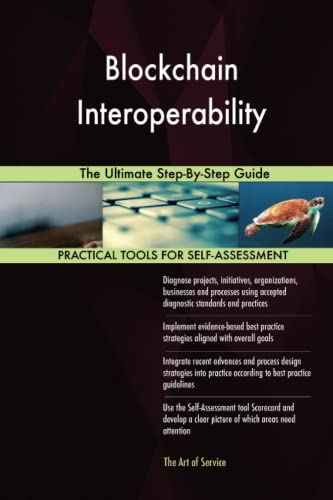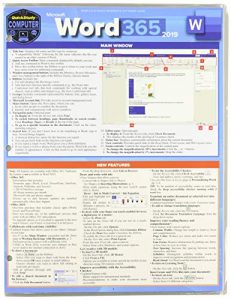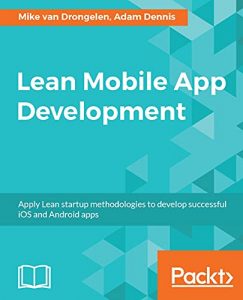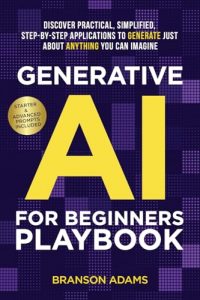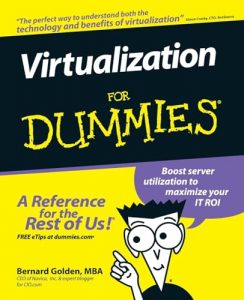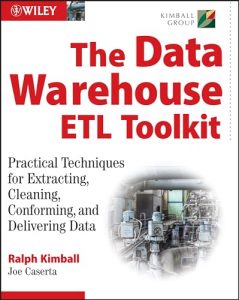As we venture deeper into the decentralized age, the importance of blockchain interoperability becomes increasingly apparent. The ability to facilitate seamless communication between different blockchain networks is critical to harnessing the potential of decentralized technology fully. This collection of books provides insightful knowledge and practical guidance on this complex but crucial topic, enhancing our understanding of how various systems can work together to create a more interconnected digital landscape.
Join us as we explore some of the best reads focused on blockchain interoperability, offering both foundational theory and innovative applications. Whether you’re a developer looking to build decentralized applications or a business leader seeking strategic insights, these books will help you navigate the evolving ecosystem of blockchain technology.
1. Blockchain Interoperability: The Ultimate Step-By-Step Guide
This essential guide delves into the intricacies of blockchain interoperability, offering a thorough understanding of key concepts and practical steps for implementation. It is meticulously structured to lead readers through the complexities of establishing connections between disparate blockchain systems. The author lays out clear methodologies for achieving interoperability, allowing businesses and developers to work seamlessly across different platforms. Perfect for both newcomers and seasoned professionals, this book is a remarkable resource that elucidates the future of interconnected blockchains.

2. Building Blockchain DApps with Polkadot and Substrate: A Practical Guide
This practical guide focuses on developing decentralized applications with a keen emphasis on interoperability and custom blockchain development using Polkadot and Substrate. The authors provide an excellent roadmap for understanding the mechanics of building cross-chain DApps. While exploring technical details, they also highlight real-world case studies, providing practical insights and lessons learned. This book is indispensable for developers aiming to leverage the a fast-growing ecosystem surrounding interoperable blockchains.

3. Real-World Integration and Use Cases: Tokenization
This engaging read uncovers the practical implications of tokenization and explores how decentralized assets are reshaping representation in the digital economy. It focuses on Cardano’s approach to true interoperability, providing readers with a clear understanding of how these strategies can be applied in real-world scenarios. This book not only theorizes about future prospects but also offers practical advice on integrating tokenization into existing systems. Ideal for those looking to grasp the integration of assets within the evolving blockchain landscape.

4. Mastering the Lightning Network: A Second Layer Blockchain Protocol for Instant Bitcoin Payments
This book is a fantastic resource for anyone wanting to master the Lightning Network, one of the most promising avenues for improving blockchain scalability and interoperability. It covers the technical foundation necessary for implementing this second-layer technology, focusing on practical strategies and use cases to optimize Bitcoin payments. Written by experts in the field, this book is perfect for both developers and business owners looking to leverage the advantages of the Lightning Network.

5. Blockchain and Web3: Building the Cryptocurrency, Privacy, and Security Foundations of the Metaverse
This book invites readers to explore the concepts that underpin the burgeoning world of Web3 and the Metaverse. It delves deeply into the interlocking technologies that govern privacy, security, and cryptocurrency, making it indispensable for readers aiming to understand the comprehensive vision that blockchain interoperability is a part of. The text envisions the future, providing valuable insights for everyone from casual readers to industry professionals.

6. Industry 4.0 Interoperability, Analytics, Security, and Case Studies
This comprehensive examination of Industry 4.0 offers readers a detailed understanding of how analytics and security measures fit into the broader context of interoperability. The book is rich with case studies that underscore the necessity of connectable systems in modern industrial environments. It is tailored for professionals eager to get ahead in the era of smart manufacturing and interconnected devices.

7. Foundations of Blockchain: Theory and Applications
This book serves as a comprehensive introduction to the theoretical aspects of blockchain technology and its diverse applications. It systematically breaks down the architectural principles that govern blockchain networks, providing a solid foundation for understanding interoperability. The insights offered here are crucial for anyone serious about diving into the realm of blockchain.

8. AI-to-AI Interoperability Protocol
This innovative approach discusses the future of AI and blockchain networks, exploring how AI-to-AI interoperability can reshape governance and superintelligence. It is essential reading for understanding how technologies will coalesce in future frameworks, making connections between artificial intelligence and blockchain technology. As we navigate this dynamic evolution, this book will provide crucial insights into the integration strategies of tomorrow.

9. Blockchain Scalability & Interoperability: Bane-To-Boon
This insightful book tackles the challenges of blockchain scalability and interoperability, discussing how to turn these potential obstacles into opportunities. The authors share their expertise in crafting strategies to enhance system performance, making this book a valuable asset for anyone involved in blockchain technology. It highlights essential ways to optimize interoperability, crucial for advancing the utility of blockchain networks.

10. Blockchain Governance: The winner of governance is the next coin conqueror.
This book examines the governance structures surrounding blockchain networks and how they impact decision-making and interoperability. With heightened awareness of governance issues in decentralized systems, the authors provide practical insights for navigating the complex polity of blockchain projects. It is particularly beneficial for stakeholders looking to understand the implications of governance on interoperability and overall system success.


